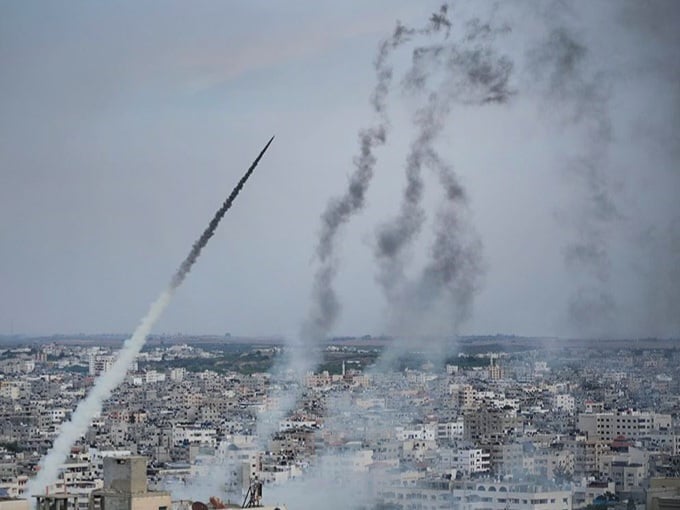
By Stacy M. Brown, NNPA Newswire Senior National Correspondent
Protests have erupted in South Korea’s capital, Seoul, where demonstrators clashed with soldiers and police following President Yoon Suk Yeol’s declaration of martial law. The controversial order, which grants military authorities sweeping powers over governance, has sparked widespread opposition and is drawing concerns in the United States, where President-elect Donald Trump has expressed plans to invoke a similar Insurrection Act if reelected.
The U.S., a key ally of South Korea, expressed serious concerns about the developments. National Security Council spokesperson Sean Savett confirmed that Washington was not informed of Yoon’s decision. “This crisis threatens not only South Korea’s democracy but also the stability of the alliance structure the U.S. has worked to strengthen in East Asia to counter North Korea and China,” former deputy director of national intelligence Beth Sanner said on CNN.
Martial Law Sparks Political and Civil Chaos
Inside South Korea’s National Assembly, lawmakers voted unanimously to revoke Yoon’s martial law declaration, invoking constitutional authority that requires the president to comply with their decision. However, Yoon has not rescinded the order, and military officials have stated it will remain in effect until the president acts.
In a televised address, Yoon defended the move as necessary to “defend the free Republic of Korea” and claimed it targeted “pro-North Korean anti-state forces.” He accused the opposition Democratic Party of obstructing his policies, including budget approvals and cabinet appointments, to destabilize the country.
Protesters demanded an end to martial law outside the Assembly and called for Yoon’s resignation. Chants of “End martial law!” filled the air as armed troops withdrew from the parliament building. The crisis marked the first imposition of martial law in South Korea in 1980, when the nation used it during a military dictatorship.
U.S. Concerns Over Executive Power and the Insurrection Act
The South Korean crisis is reverberating in America, where Trump’s reported plans to invoke the Insurrection Act have reignited debates over executive power. The Insurrection Act, originally enacted in 1792 and last updated in 1874, allows a president to deploy the military domestically in cases of rebellion, civil unrest, or obstruction of federal law.
Despite the act’s intended use for extraordinary circumstances, critics contend its ambiguous language poses a significant risk of abuse, especially from a president who has pledged to impose dictatorship from the start of his term. One provision empowers the president to use military force or “any other means” to address any “unlawful combination or conspiracy” that interferes with federal law. Legal experts warn that this broad discretion could enable a president to justify military deployments for almost any domestic issue.
Adding to the concern, the U.S. Supreme Court has ruled that the courts cannot review a president’s decision to invoke the act. Congress can only counter such a decision by passing legislation to end the deployment, requiring a two-thirds majority to override a presidential veto.
Sen. Richard Blumenthal, D-Conn., has introduced legislation to reform the act, describing it as a “giant loophole” in democratic safeguards. “Donald Trump’s plans illuminate his total misunderstanding of the U.S. military’s purpose. It exists to defend the nation, not to serve personal political goals,” Blumenthal said. “Unchecked military authority undermines democracy. Accountability and civilian governance are the cornerstones of freedom and must be protected at all costs.”

